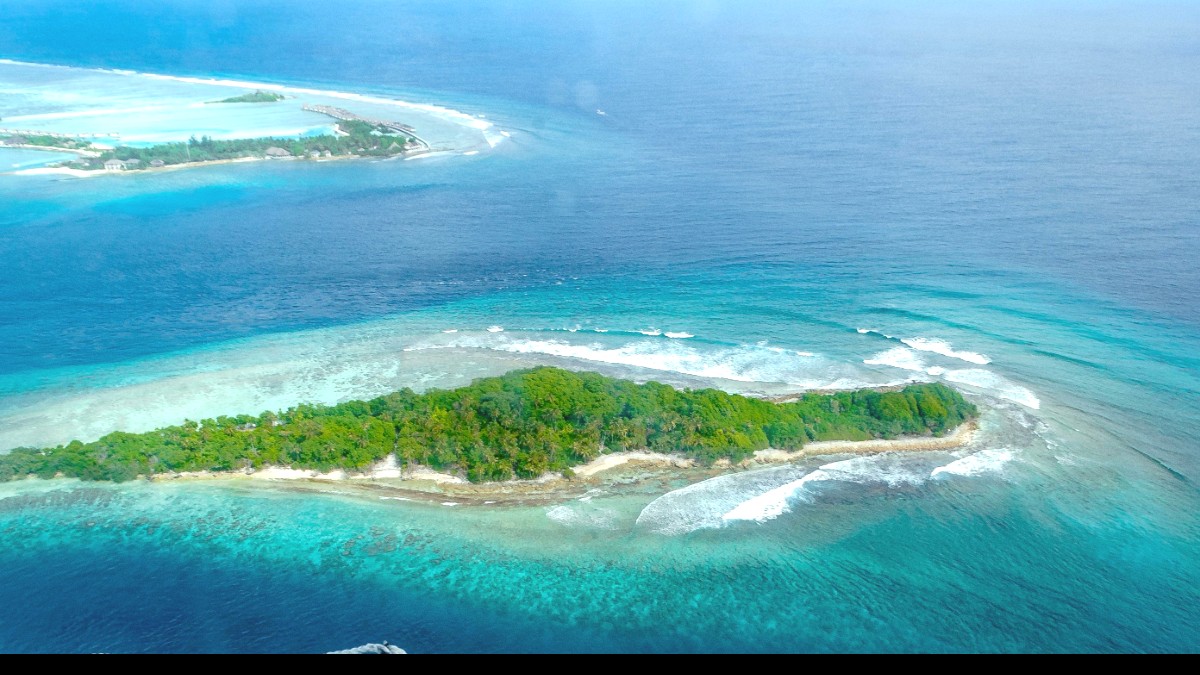
The islands' natural environment provides the setting for most outdoor activities, mainly water-based.
Expect gentle walks rather than strenuous multi-day treks. Walks around volcanic lakes or to historical sites. Most trails are easy to moderate.
Cycling is possible on the main roads of Wallis Island. No dedicated mountain biking trails or infrastructure. Exercise caution due to traffic and freely roaming animals.
You will not find adventure sports like zip-lining, bungee jumping, or white-water rafting. The focus is on quieter, nature-based activities.
Wallis and Futuna does not feature extreme adventure sports. Focus here is on peaceful, nature-based activities and cultural immersion.
Connecting with the local culture forms a central part of the Wallis and Futuna experience. Opportunities for immersion often arise through respectful interaction with the community.
No formal tourist-oriented workshops (e.g., weaving, carving classes) are typically advertised.
If you develop local connections, informal learning opportunities might arise, allowing observation or participation in traditional crafts.
Direct interaction with local artisans provides the most authentic cultural exchange.
Very limited live music. Occasional local bands play at community events or hotel restaurants.
No formal theaters. Cultural performances happen at community halls during special occasions.
No nightclubs or dancing venues. Evenings are typically peaceful, most establishments close early.
Wallis and Futuna presents a setting for deep relaxation, but not in the form of commercial wellness centers.
No dedicated beach or pool clubs exist. Hotel pools are generally for guests only.
Beaches are public, offering quiet spots for relaxation and unwinding by the water.
Evenings are typically peaceful, with most establishments closing early. Nightlife is extremely limited.
The Mata-Utu Market on Wallis Island is the main market, selling fresh produce, fish, and basic goods. Futuna has smaller, less formal markets. These are good places to observe local life and find fresh ingredients.
Local crafts include traditional weaving (mats, baskets, fans) made from pandanus leaves. You might also find wood carving, especially for kava bowls and ceremonial items, and tapa cloth (ngatu) made from mulberry bark. These items are usually produced in villages and sold directly by the artisans or through small cooperative stores.
Woven mats, small wooden carvings, pieces of tapa cloth, and shell jewelry make for authentic souvenirs. Luxury and boutique shopping are not available. Do not expect to find high-end fashion or designer goods.
Engage in mindful shopping by supporting local artisans directly.
Shipping items from Wallis and Futuna can be complex and expensive due to the islands' remoteness.
Inquire with the local post office (SPT) for details on international shipping procedures and costs.
Be aware of your home country's customs regulations regarding imported goods and natural materials.
Wallis and Futuna has a tranquil setting for outdoor activities focused on its lagoons and gentle trails. Cultural immersion through local interaction forms the core experience.